Safety is one of the most important factors when buying a new car. With modern technology, manufacturers are adding advanced features to help prevent accidents and protect passengers. Some of these tools were once available only in luxury models but are now common even in budget vehicles. If you’re planning to buy a car soon, it’s wise to know what to look for.
Automatic Emergency Braking (AEB)
Automatic Emergency Braking is one of the most effective safety features today. It detects an impending collision with another vehicle or obstacle and applies the brakes automatically. This function helps reduce the chance of a crash if the driver doesn’t react in time. Some systems can even detect pedestrians or cyclists. It doesn’t replace careful driving, but it acts as a backup during unexpected moments.
Lane Departure Warning and Lane Keeping Assist
Drifting out of a lane happens more often than you might think, especially on long trips. Lane Departure Warning alerts the driver if the vehicle begins to move out of its lane unintentionally. Lane Keeping Assist goes a step further and gently steers the car back into the correct lane. These features work together to ensure the driver stays on course and can help reduce the risk of side-swipe collisions and road departure.
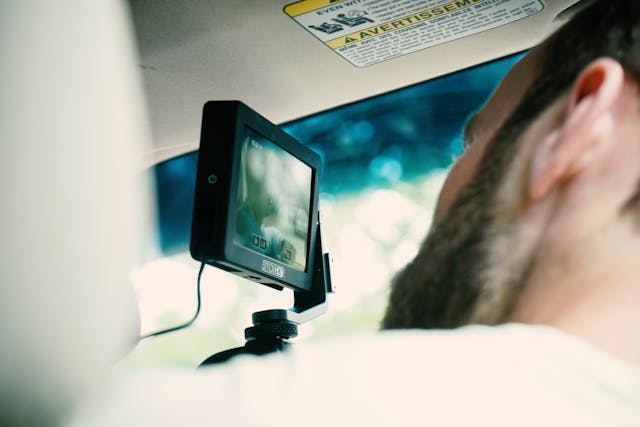
Blind Spot Monitoring
This technology uses sensors to detect vehicles in the driver’s blind spots. If you try to switch lanes while a car is there, you’ll get a visual or audio warning. Some cars may also gently steer you back if a collision seems likely. Blind Spot Monitoring can be especially helpful in busy city traffic or on multi-lane highways. It gives drivers better awareness and more time to make safe decisions.
Adaptive Cruise Control
Cruise control has been around for decades, but the adaptive version is much smarter. It automatically adjusts your speed to maintain a safe distance from the car ahead. If the traffic slows down, your car slows too. Once the road clears, it returns to your chosen speed. This feature adds comfort to long drives and reduces fatigue while ensuring better reaction times in changing conditions.
Rear Cross Traffic Alert
Backing out of parking spaces or driveways can be risky, especially when visibility is limited. Rear Cross Traffic Alert detects cars or pedestrians approaching from the sides as you reverse. It gives an audible alert and sometimes even applies the brakes to prevent a collision. This is especially useful in crowded lots and residential areas.
360-Degree Camera Systems
A 360-degree camera system gives a complete view of your car using multiple cameras. The display usually appears on your dashboard screen and provides a bird’s-eye view. It’s a major help during parking or navigating tight spots. While not a replacement for checking your surroundings, it offers a unique layer of safety that boosts your confidence behind the wheel.
Traction Control and Electronic Stability Control
These systems help maintain control during bad weather or poor road conditions. Traction control limits wheel spin during acceleration, while electronic stability control helps prevent skidding. Together, they improve handling and reduce the risk of sliding during sharp turns or slippery conditions. While they’ve been standard in many vehicles for years, their importance can’t be overstated.
Driver Attention Monitoring
Fatigue is a hidden danger on the road. Driver Attention Monitoring …

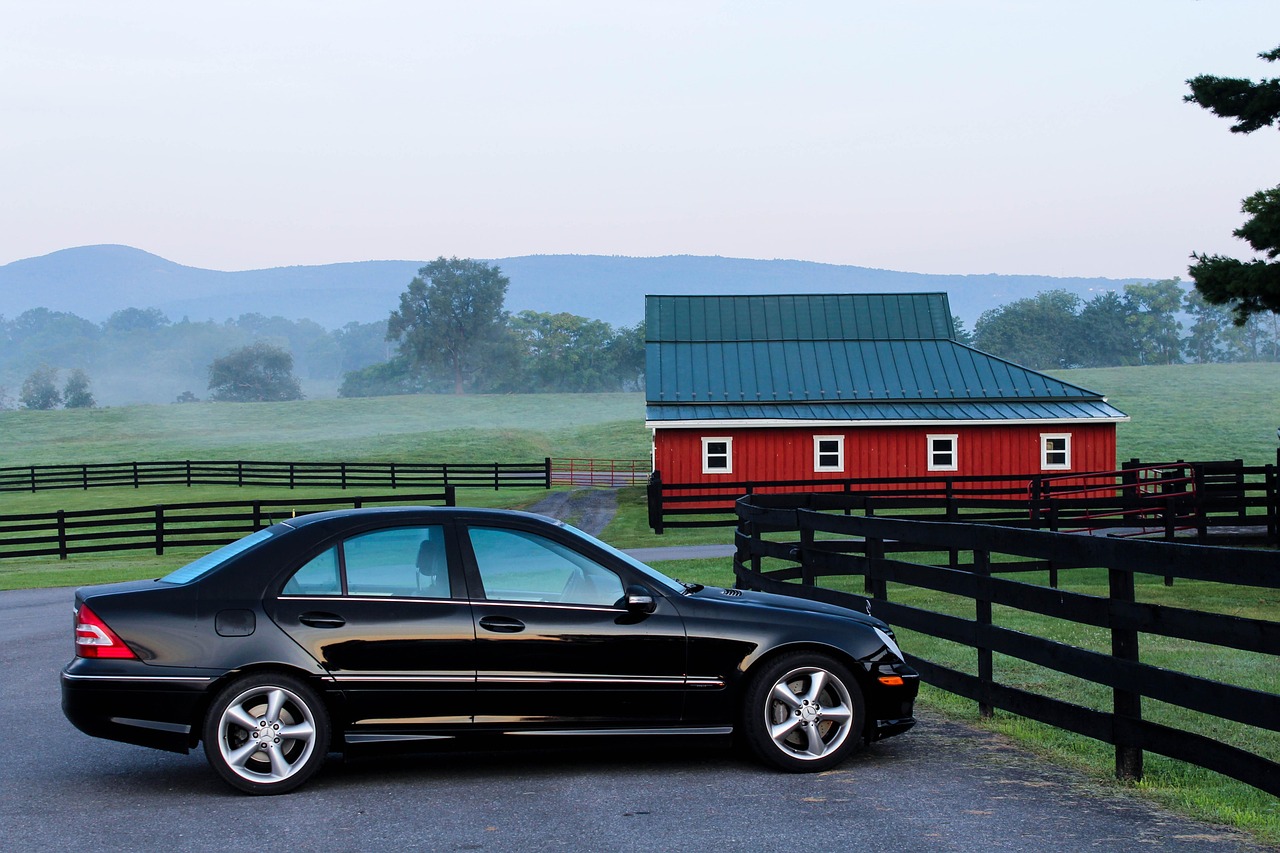

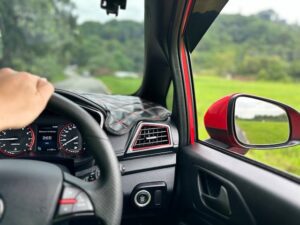 Before you even set foot in a dealership, do your homework. Research different car models that interest you and make a list of features that are non-negotiable for you. Consider your daily commute, lifestyle needs, and budget constraints when narrowing down your options.
Before you even set foot in a dealership, do your homework. Research different car models that interest you and make a list of features that are non-negotiable for you. Consider your daily commute, lifestyle needs, and budget constraints when narrowing down your options. 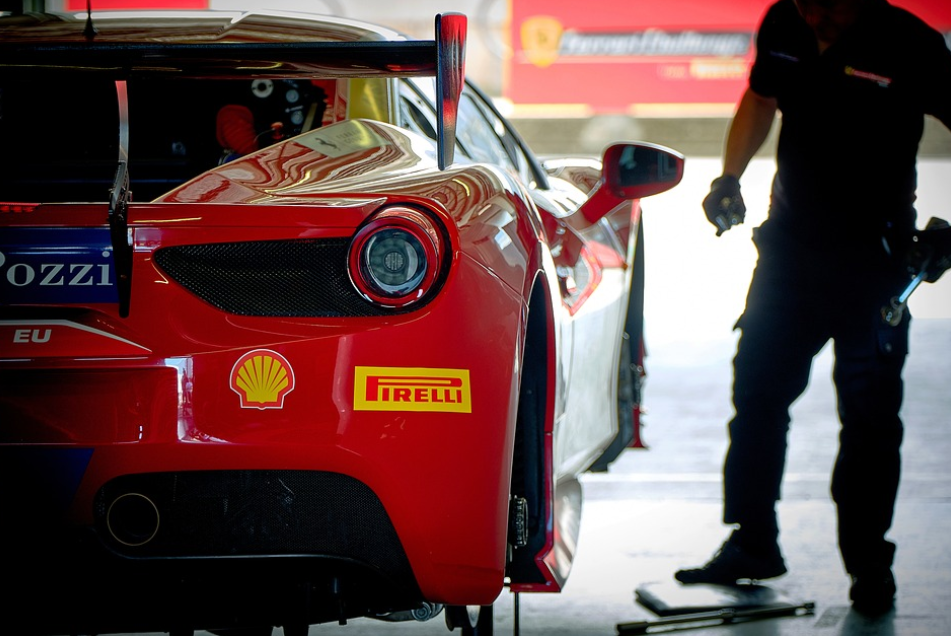
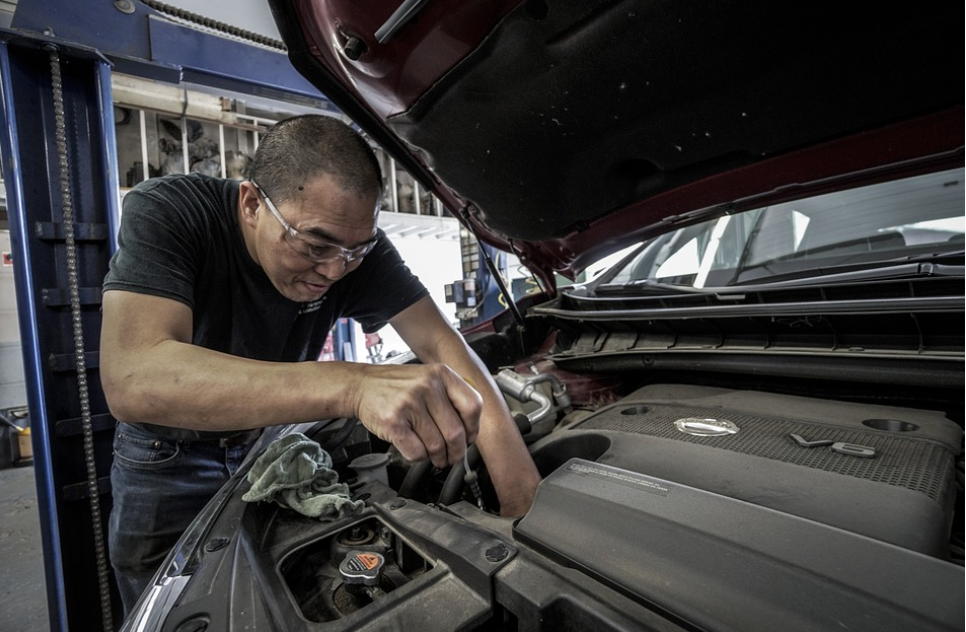 You may have heard the saying “STB” before, but trust me, it’s not a term you want associated with your car’s transmission. Transmission STB (Soiled the Bed) is a nightmare scenario where your transmission fluid becomes contaminated, leading to costly repairs and potential damage to other components. It’s when your car suddenly shudders and jerks. What causes this unfortunate event?
You may have heard the saying “STB” before, but trust me, it’s not a term you want associated with your car’s transmission. Transmission STB (Soiled the Bed) is a nightmare scenario where your transmission fluid becomes contaminated, leading to costly repairs and potential damage to other components. It’s when your car suddenly shudders and jerks. What causes this unfortunate event?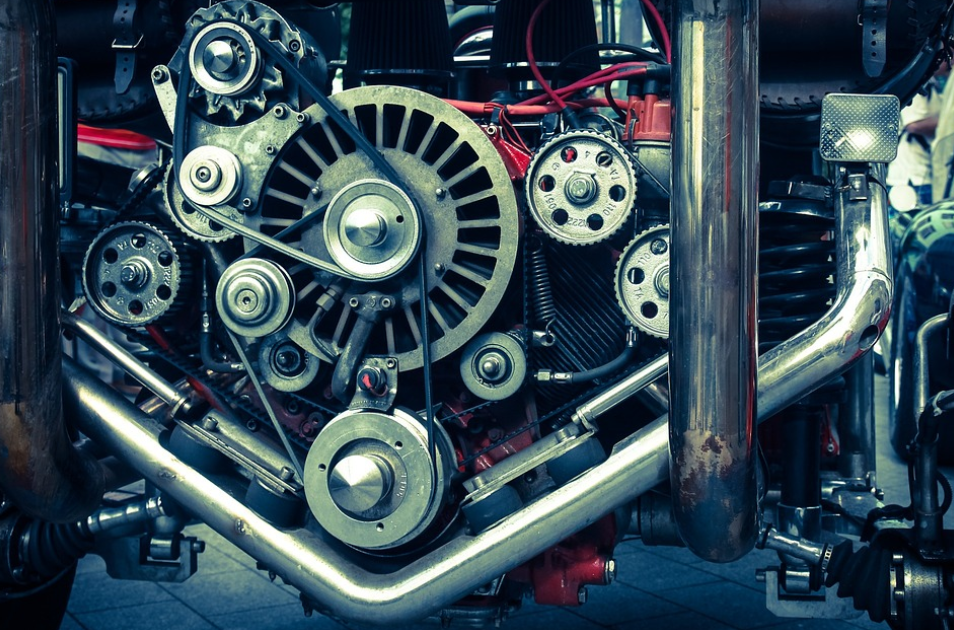 This can be a major headache and a potentially expensive repair. Let me explain. A timing belt is a major component of your vehicle’s engine, responsible for synchronizing the rotation of the crankshaft and camshaft. When it breaks, it can lead to serious damage to your engine, including bent valves or even a complete engine failure.
This can be a major headache and a potentially expensive repair. Let me explain. A timing belt is a major component of your vehicle’s engine, responsible for synchronizing the rotation of the crankshaft and camshaft. When it breaks, it can lead to serious damage to your engine, including bent valves or even a complete engine failure.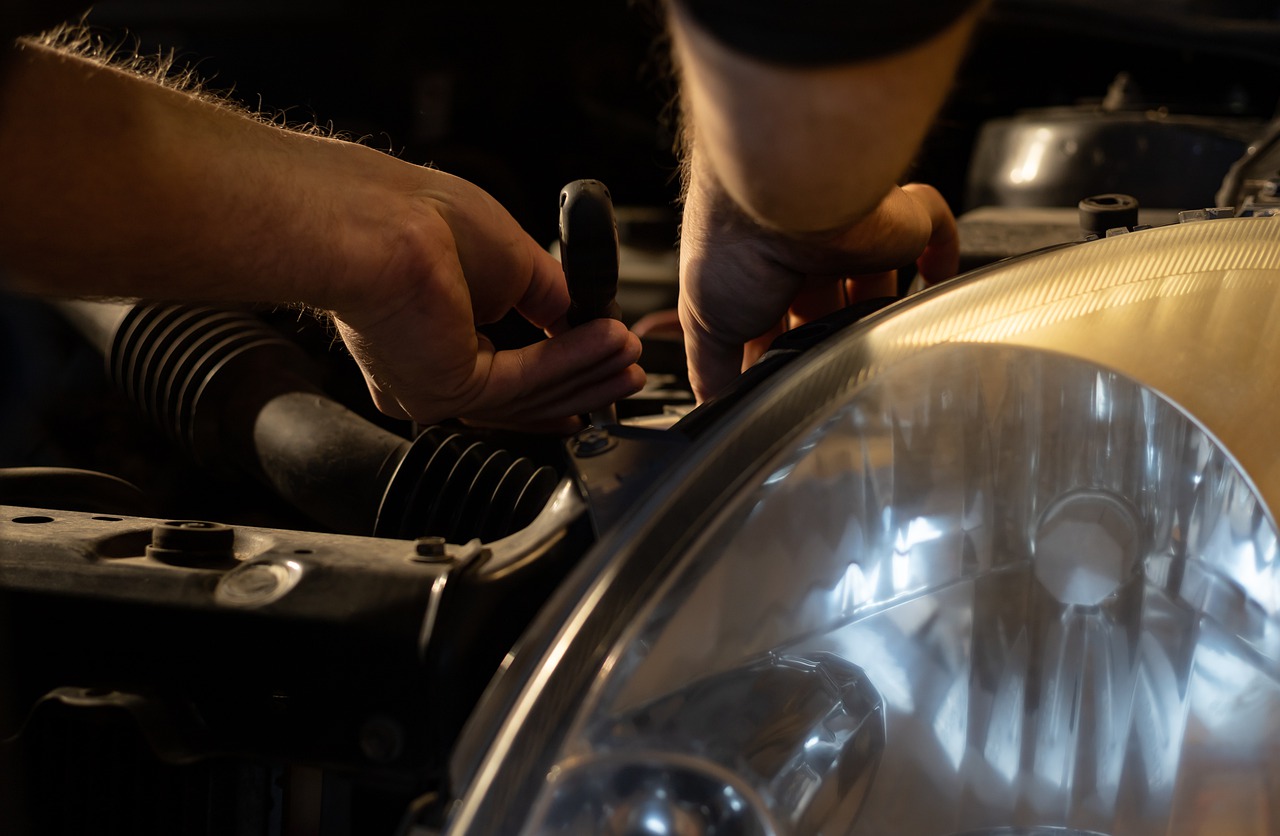
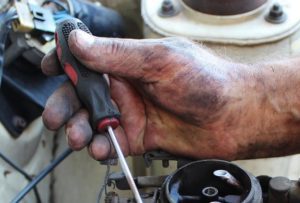 If you know someone who has a
If you know someone who has a  These are just a few tips to help you find a reliable car mechanic. With a bit of effort, find someone experienced to work on your car. And someone you can trust. Do your research and ask around, and you will find the perfect mechanic for you.…
These are just a few tips to help you find a reliable car mechanic. With a bit of effort, find someone experienced to work on your car. And someone you can trust. Do your research and ask around, and you will find the perfect mechanic for you.…
 Companies giving giveaways online are numerous and with different competitions and offers. Unfortunately, some are genuine, some are, but some prey on unsuspecting people to take away their hard-earned money.You need not fall prey to such. Do thorough research before trying your luck with a company.
Companies giving giveaways online are numerous and with different competitions and offers. Unfortunately, some are genuine, some are, but some prey on unsuspecting people to take away their hard-earned money.You need not fall prey to such. Do thorough research before trying your luck with a company.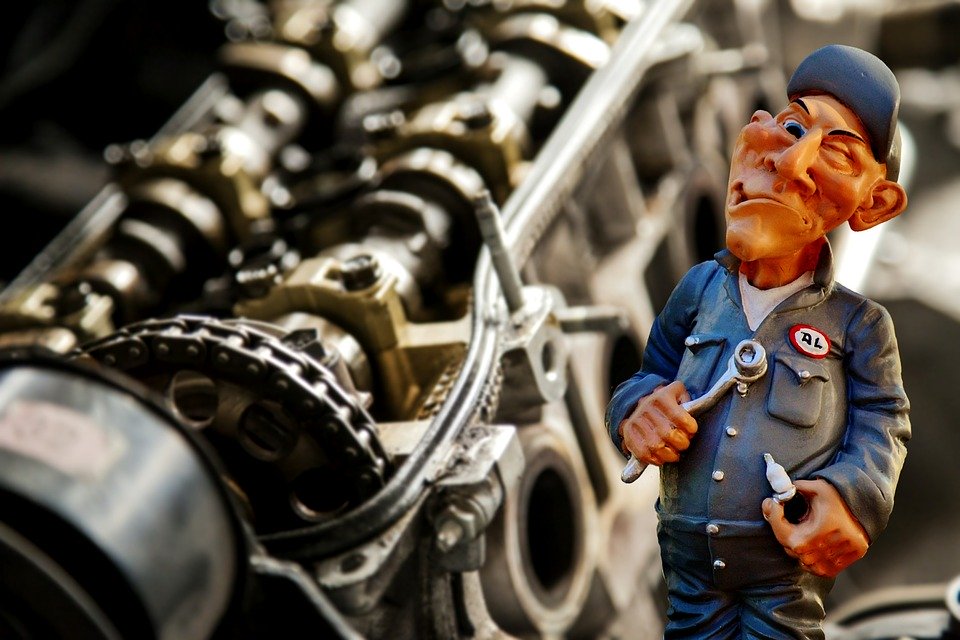


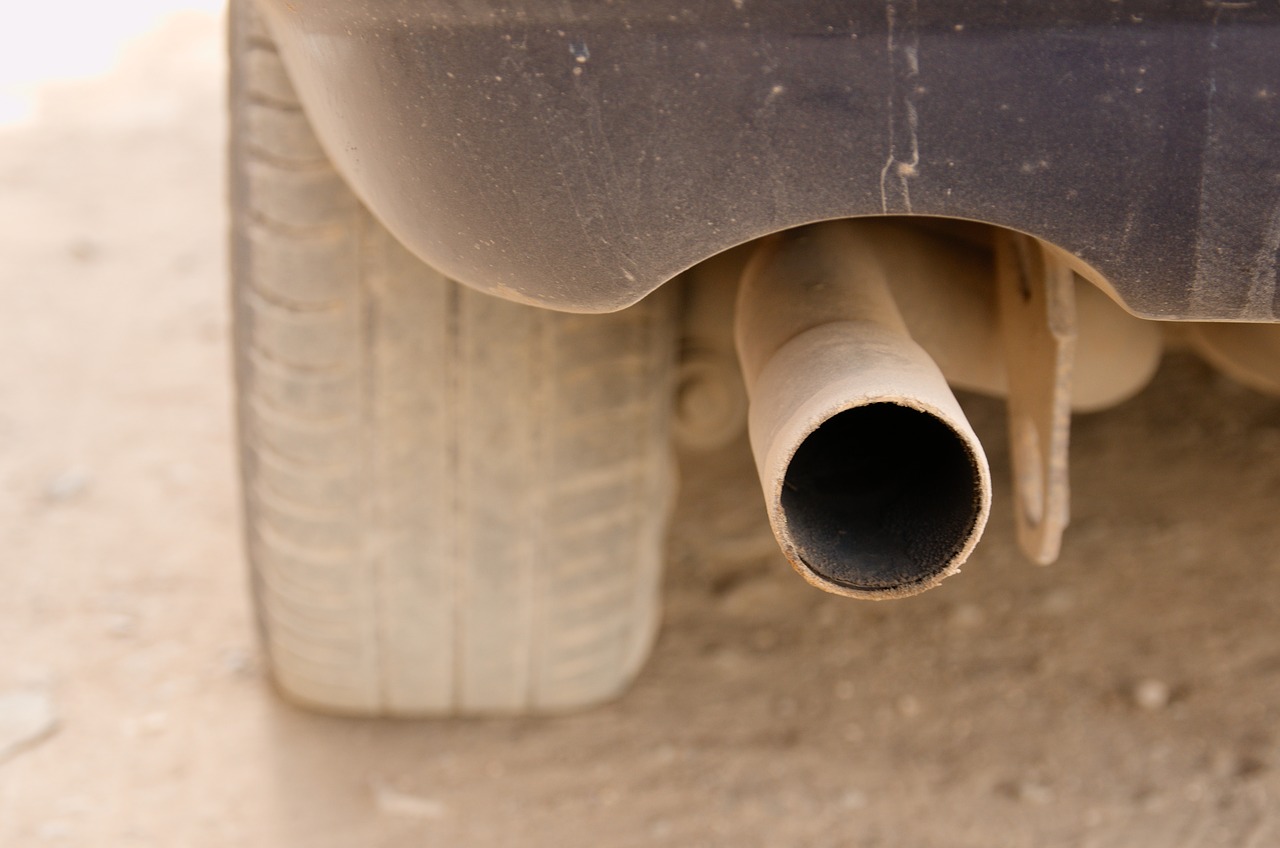

 1. Vehicular Accidents
1. Vehicular Accidents

 A dashboard camera can be one of the viable solutions to prevent road mishaps. With a dashboard camera, you can cruise safely amidst traffic jams without bumping on a car at your side as it will aid you to see from both sides and back of your vehicle without having to bring out your head outside the windows or ask for assistance from your passenger. You can also avoid parking space accidents. Indeed, with a dashcam, you can be more cautious as a driver.
A dashboard camera can be one of the viable solutions to prevent road mishaps. With a dashboard camera, you can cruise safely amidst traffic jams without bumping on a car at your side as it will aid you to see from both sides and back of your vehicle without having to bring out your head outside the windows or ask for assistance from your passenger. You can also avoid parking space accidents. Indeed, with a dashcam, you can be more cautious as a driver. Dashboard cameras do not only record views from on the outside of the car but also those that are happening in the inside. During special moments, turn on the dashcam, and you can be able to record the memories of a special occasion such as when you were on your way to a prom night or during your wedding. A dashboard camera will help you not to miss any vital minute during an important event.…
Dashboard cameras do not only record views from on the outside of the car but also those that are happening in the inside. During special moments, turn on the dashcam, and you can be able to record the memories of a special occasion such as when you were on your way to a prom night or during your wedding. A dashboard camera will help you not to miss any vital minute during an important event.…

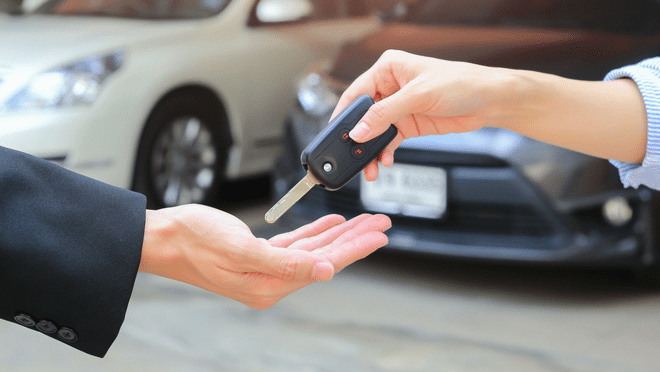
 A lease transfer is the easiest way to terminate your lease. In this case, you will be allowed to transfer the lease to another person. Unfortunately, the process is not as easy as it seems. Even with lease transfer, you will be required to spend some money in the process.
A lease transfer is the easiest way to terminate your lease. In this case, you will be allowed to transfer the lease to another person. Unfortunately, the process is not as easy as it seems. Even with lease transfer, you will be required to spend some money in the process.


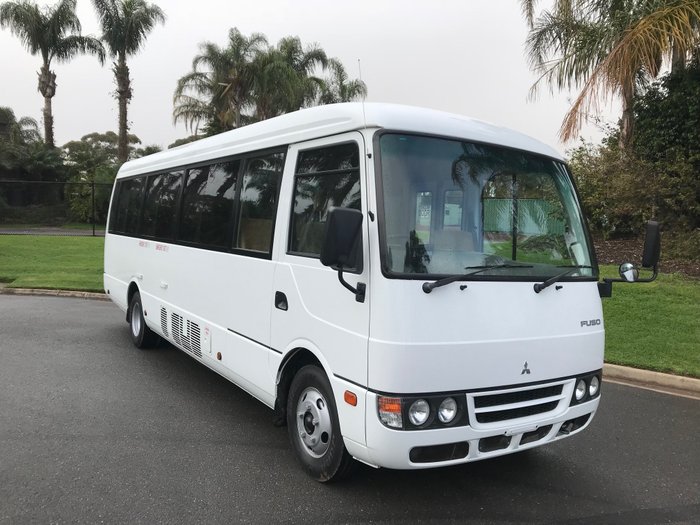
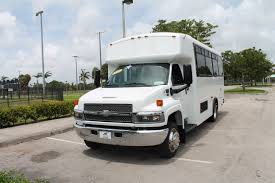 The exterior of the bus is very important. You need to buy a bus with a clean and well-maintained exterior. The color of the bus is not important because you can always change it. However, the bus should have a clean and beautiful exterior.
The exterior of the bus is very important. You need to buy a bus with a clean and well-maintained exterior. The color of the bus is not important because you can always change it. However, the bus should have a clean and beautiful exterior.
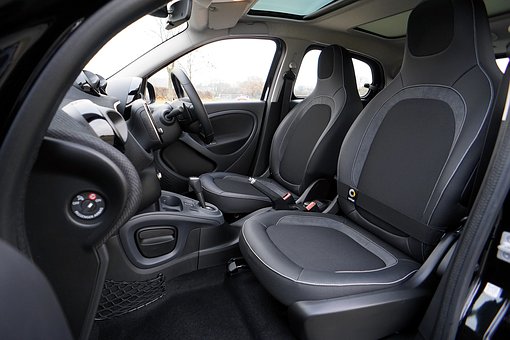
 There are no other means by which you can clean your car efficiently than when using a vacuum cleaner. A vacuum cleaner can remove all the dirt that you can even not see. In case you love carrying your pet when you travel then you can remove the hairs stuck on the car seat easily using a car vacuum cleaner. On the other hand, cleaning using a vacuum cleaner is very fast. You will take less time but clean your car effectively.
There are no other means by which you can clean your car efficiently than when using a vacuum cleaner. A vacuum cleaner can remove all the dirt that you can even not see. In case you love carrying your pet when you travel then you can remove the hairs stuck on the car seat easily using a car vacuum cleaner. On the other hand, cleaning using a vacuum cleaner is very fast. You will take less time but clean your car effectively. Secondly, a car vacuum will be of great advantage to you because they are mobile. The good thing is in case you are traveling to a place where you can’t find one while there, you can easily carry the cleaner in your car booth. Whether it is a cordless cleaner or one with a cord hey can be easily carried along. Similarly, vacuum cleaners are compact hence they are easy to hold easily.
Secondly, a car vacuum will be of great advantage to you because they are mobile. The good thing is in case you are traveling to a place where you can’t find one while there, you can easily carry the cleaner in your car booth. Whether it is a cordless cleaner or one with a cord hey can be easily carried along. Similarly, vacuum cleaners are compact hence they are easy to hold easily.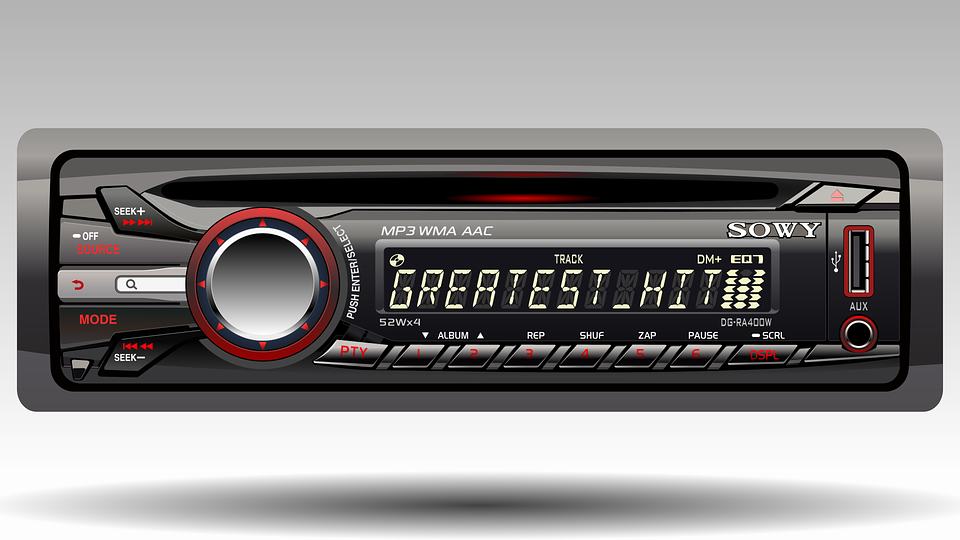

 Buying a vehicle-specific adapter kit can be an excellent way to make your stereo Bluetooth compatible. The good thing about this method is that it allows you to keep your factory radio. Not just that, it also offers superior integration and more features compared to universal kits. The only prerequisite before installing the specific adapter is that your “head unit” should be Bluetooth ready.
Buying a vehicle-specific adapter kit can be an excellent way to make your stereo Bluetooth compatible. The good thing about this method is that it allows you to keep your factory radio. Not just that, it also offers superior integration and more features compared to universal kits. The only prerequisite before installing the specific adapter is that your “head unit” should be Bluetooth ready.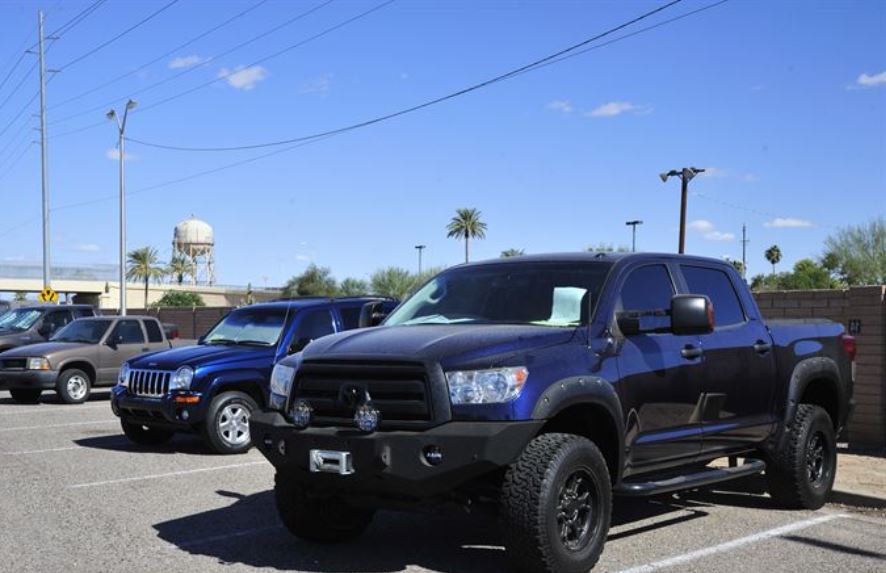
 We all have that automotive side of us that is just itching to come out. Once you get in touch with it, you are assured of major success especially when buying used cars.
We all have that automotive side of us that is just itching to come out. Once you get in touch with it, you are assured of major success especially when buying used cars. It would be so embarrassing to have to point out the main car at the dealer’s shop, and you don’t know the first thing about it.
It would be so embarrassing to have to point out the main car at the dealer’s shop, and you don’t know the first thing about it. true, but in most cases, it rarely contributes to motorcycle accidents. In case you are involved in a crash and, you are certain you are not on the wrong side, it is wise to file a claim. Some instances that justify filling a claim include, poorly maintained roads, diesel spillages, when a motorist knocks you down due to motorist weakness among others.
true, but in most cases, it rarely contributes to motorcycle accidents. In case you are involved in a crash and, you are certain you are not on the wrong side, it is wise to file a claim. Some instances that justify filling a claim include, poorly maintained roads, diesel spillages, when a motorist knocks you down due to motorist weakness among others. Collecting evidence after an accident may be hard especially in severe accident cases. However, it is wise to remember that if you manage to collect information your chances of getting justice are high. Therefore, if you can take details of witnesses and the accident, photographs and maintain records related to the accident you are on the safe side. With this, your attorney will have an easy time assessing the accident and advising you accordingly.
Collecting evidence after an accident may be hard especially in severe accident cases. However, it is wise to remember that if you manage to collect information your chances of getting justice are high. Therefore, if you can take details of witnesses and the accident, photographs and maintain records related to the accident you are on the safe side. With this, your attorney will have an easy time assessing the accident and advising you accordingly. Every business aims to expand and grow. When this happens, it is a possibility that you will most probably find yourself in a position that you will require to rely more on your transportation for your work to be accomplished. There are some cases where you will need to be using multiple vehicles, but this will entirely depend on the type of business that you engage in. For instance, if you deal with shipping, or even delivery or even you have embarked on a campaign in which you want staff to use company vehicles as opposed to using their private ones, you will find yourself in a position that you will need to own a fleet.
Every business aims to expand and grow. When this happens, it is a possibility that you will most probably find yourself in a position that you will require to rely more on your transportation for your work to be accomplished. There are some cases where you will need to be using multiple vehicles, but this will entirely depend on the type of business that you engage in. For instance, if you deal with shipping, or even delivery or even you have embarked on a campaign in which you want staff to use company vehicles as opposed to using their private ones, you will find yourself in a position that you will need to own a fleet.
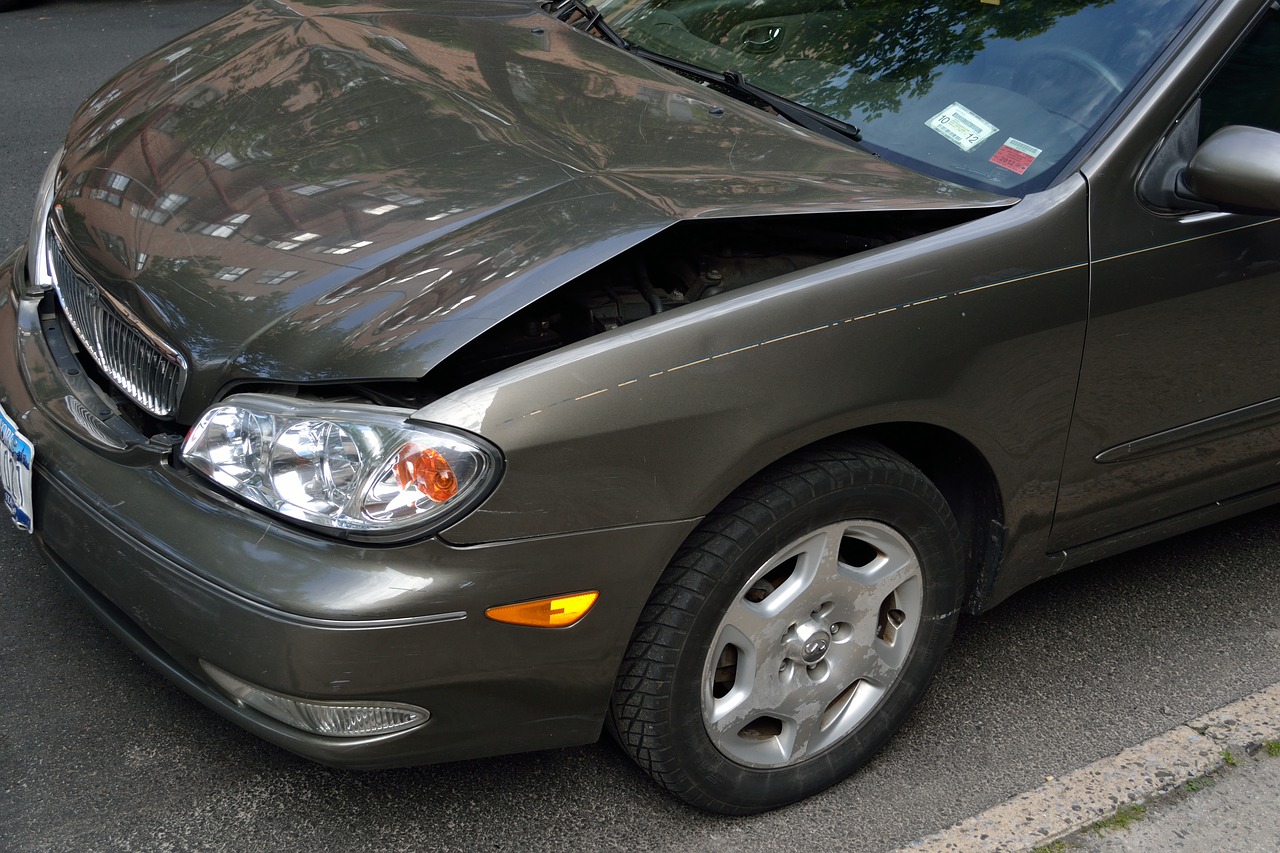
 This is one of the advantages you are likely to get if you consider choosing paintless dent repair services. Unlike the traditional ways, where your car panels were used to be repaired using a conventional body shop that contains auto paint and body filler, paintless dent repair only relies on the expertise and the latest dent removal tools. Therefore, these devices will leave your car worth more even if you are planning to sell it.
This is one of the advantages you are likely to get if you consider choosing paintless dent repair services. Unlike the traditional ways, where your car panels were used to be repaired using a conventional body shop that contains auto paint and body filler, paintless dent repair only relies on the expertise and the latest dent removal tools. Therefore, these devices will leave your car worth more even if you are planning to sell it.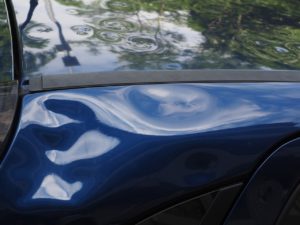
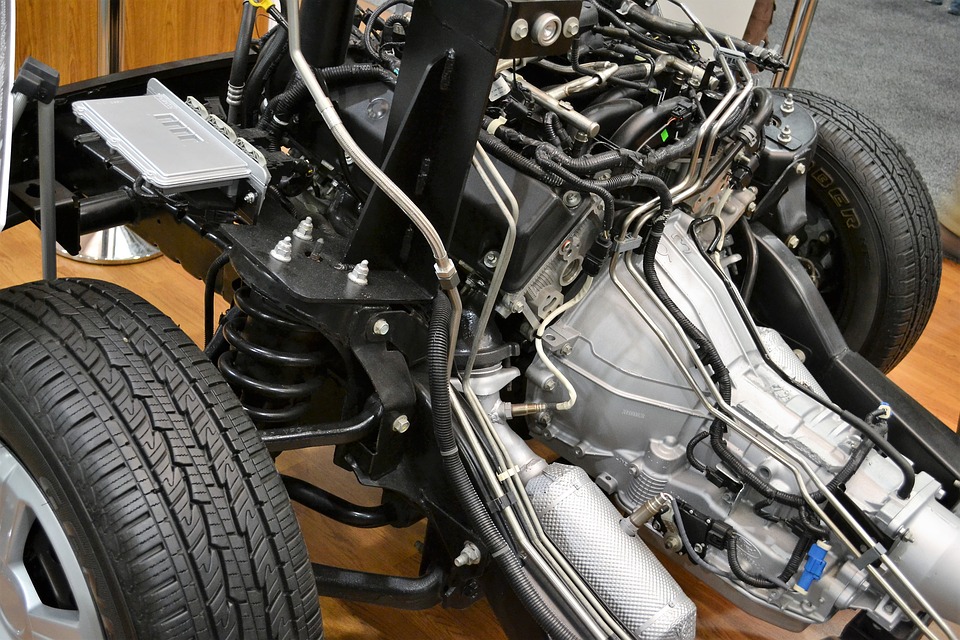
 A good auto part supplier has products of high quality. Due to the market being flooded with many suppliers, there is a high risk that some are selling fake auto parts. It is important for one to know the parts of the vehicle they need and know how to differentiate the fake from the original parts. One may consult the manufacturer who will give more information on which dealers have their original parts if they cannot sell it directly to you. Quality should also reflect on the kind of services being offered by the supplier. One has to observe how the supplier handles customers and his relationship with other people working with them. One should also observe how quick they deliver the products. One may have to visit the shops before deciding on which supplier they will settle for.
A good auto part supplier has products of high quality. Due to the market being flooded with many suppliers, there is a high risk that some are selling fake auto parts. It is important for one to know the parts of the vehicle they need and know how to differentiate the fake from the original parts. One may consult the manufacturer who will give more information on which dealers have their original parts if they cannot sell it directly to you. Quality should also reflect on the kind of services being offered by the supplier. One has to observe how the supplier handles customers and his relationship with other people working with them. One should also observe how quick they deliver the products. One may have to visit the shops before deciding on which supplier they will settle for.
 auto shop they recommend for you. Therefore you can ask for a recommendation from friends and family who have had services of an auto shop. The individuals will be able to refer you to a given auto shop that they have been able to experience their services and liked the services.
auto shop they recommend for you. Therefore you can ask for a recommendation from friends and family who have had services of an auto shop. The individuals will be able to refer you to a given auto shop that they have been able to experience their services and liked the services. Knowing about the reputation of the auto shop that you want to hire is also crucial. You can search on the internet for reviews that the company has received from previous customers who have received their services. The reviews will be a more excellent indication of whether the company offers quality services. So an auto body shop with many positive reviews will be the most appropriate choice for you.
Knowing about the reputation of the auto shop that you want to hire is also crucial. You can search on the internet for reviews that the company has received from previous customers who have received their services. The reviews will be a more excellent indication of whether the company offers quality services. So an auto body shop with many positive reviews will be the most appropriate choice for you.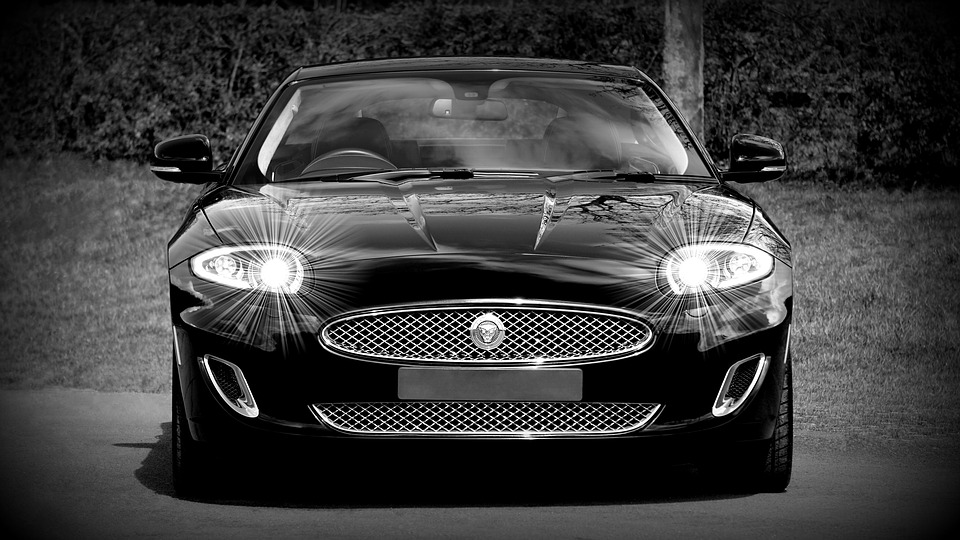
 This is the first thing to look at. You should inspect the vehicle’s exterior. Look at the condition of its paint. Is it scraped, faded, or shipped? Also, check the condition of the body. Does it have scratches and dents on the doors, fender, or bumper? Does the windshield have cracks? These aspects can be applied against a seller during the negotiations to get a fair price.
This is the first thing to look at. You should inspect the vehicle’s exterior. Look at the condition of its paint. Is it scraped, faded, or shipped? Also, check the condition of the body. Does it have scratches and dents on the doors, fender, or bumper? Does the windshield have cracks? These aspects can be applied against a seller during the negotiations to get a fair price. This is the opportunity to check how the vehicle drives. Check how steering wheel turns. Keep monitoring the car while in drive mode. Does it offer a smooth ride? Or it feels bumpy? Some of these things are good signs of common repair and maintenance issues. Also, you can use such faults as a negotiation tactic.
This is the opportunity to check how the vehicle drives. Check how steering wheel turns. Keep monitoring the car while in drive mode. Does it offer a smooth ride? Or it feels bumpy? Some of these things are good signs of common repair and maintenance issues. Also, you can use such faults as a negotiation tactic.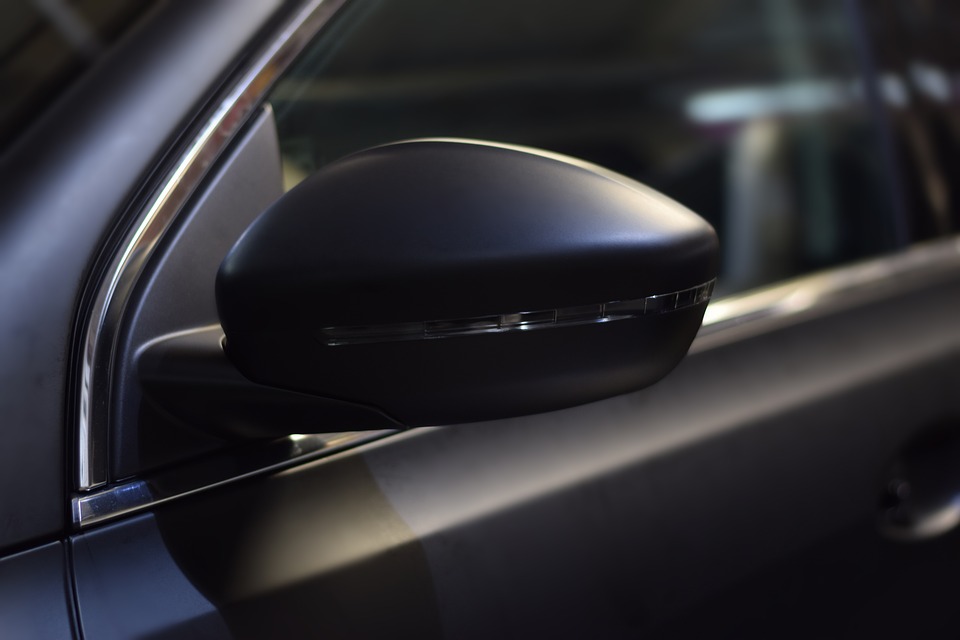
 It is advisable to maintain a low profile while commuting through unsavory parts of the city. This is possible when you seek window tinting service for your car. For instance, if you are a famous personality or a celebrity, window tinting is a savior. In this way, you can maintain privacy levels. Also, you do not have to stash your things into hidden places anytime you park your car.
It is advisable to maintain a low profile while commuting through unsavory parts of the city. This is possible when you seek window tinting service for your car. For instance, if you are a famous personality or a celebrity, window tinting is a savior. In this way, you can maintain privacy levels. Also, you do not have to stash your things into hidden places anytime you park your car.
